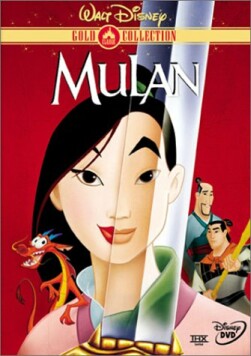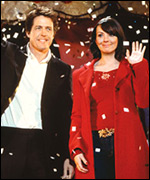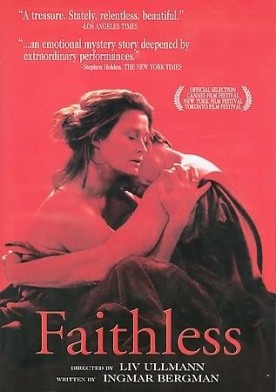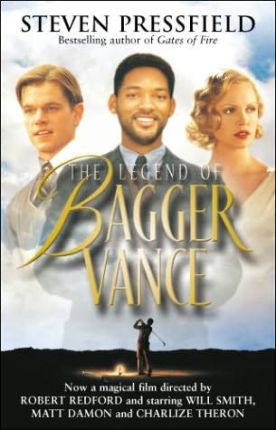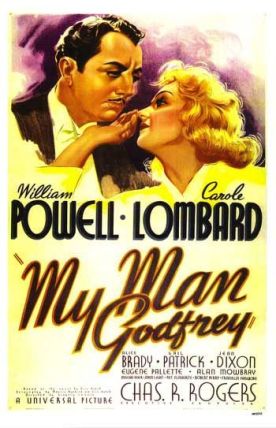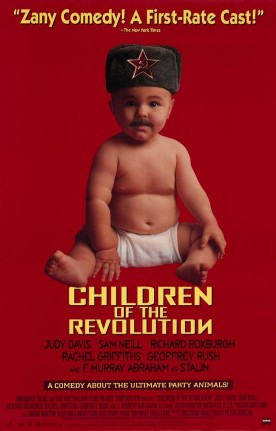Mulan
You knew that Mulan, the latest extrusion from the Satanic Mills of
the Disney animation shop, had reached its intended audience when you saw the
headline of Janet Maslin’s review in the New York Times: “A Warrior, She
Takes on Huns and Stereotypes.” Someone ought to do a study on what it is that
makes a quondam manufactory of children’s cinema into a feminist
consciousness- raising workshop. I suspect it is something to do with the fact
that Americans have always had roughly equal contempt for education and for
unmarried females, and so there is a long tradition of entrusting the former to
the latter and paying no further attention to either—at least until the
kids are old enough to play high school sports. But while we were looking the
other way, the old-fashioned schoolmarm became a feminist harridan—a fact
which Disney recognized a decade or so ago when it decided to ingratiate itself
with this creature.
The result has been such dismal exercises in feminist propaganda as The
Little Mermaid, Beauty and the Beast and Pocahontas. To the
number of such exercises now must be added Mulan which, as I say, is much
more intended for schoolmarms like Janet Maslin (whose only stricture against
the film is that “For all of Mulan’s courage and independence in rebelling
against the matchmakers, this is still enough of a fairy tale to need Mr.
Right”) than it is for the kiddies themselves, who continue to flock to these
dreadful movies for reasons unfathomable to me. Perhaps it is because their
divorced fathers are all desperate to find any movie to take them to which does
not have steamy sex scenes in it. Disney is the Microsoft of the kiddie-movie.
It’s either Mulan or another trip to the zoo.
Mulan (voice of Ming-Na Wen for speaking and Lea Salonga for singing) is a
noble girl about to be married off, but for the fact that she disgraces herself
before the matchmaker. She claims to be unhappy at the outrage this is to “the
family honor,” but we soon see that her understanding of honor is essentially
that of a Valley Girl. When the Huns invade and her father gets his draft
notice, he prepares to go to war even though he is old and unwell. “It is an
honor to serve my country and emperor,” he says.
Mulan replies with a shake of her pretty head, “So you’ll die for
honor?”
Well, yes. That’s the general idea. But, presumably aware of where she is,
she knows better than her father there are no actual deaths in
Disney-warfare—or if there are they are off-stage and never involve the
heroes—and so finds it easy to steal the old man’s call-up papers and
report for duty disguised as a boy. When Mulan, alone of all the Chinese Army,
thinks of the clever idea of shooting off the top of a mountain and causing an
avalanche that buries the advancing Hun host, we see the snow falling and
engulfing the army, but no signs of death. On the contrary, long after they must
have been buried alive, we see the Hun leader and several of his key lieutenants
emerging from the snow blanket apparently none the worse for the experience.
She has saved the army and its young general Mr Right (see above), who’s
called Shang (B.D. Wong, speaking and Donny Osmond, singing), but because she is
a girl and discovered to be one when she is wounded, she is almost put to death
for “high treason” and “the ultimate dishonor.” Shang spares her only because
she has already saved his life and so he owes her hers. She pleads that “I did
it to save my father; it was the only way, believe me.”
Don’t believe her. She herself eventually acknowledges that “Maybe I didn’t
do it for my father; maybe I did it for me”—so that, as she says, she
could look in the mirror and see someone who did things right. But of course it
goes much deeper than that. The feminist self-esteem argument is only the
beginning. As in the other films in the current series, dating back to The
Little Mermaid, the real point of it is to mock the heroic with some chatty,
streetwise little animal-sidekick whose provenance in our own day and consequent
incongruence in the exotic times and places where the films are set is
apparently seen as an endless source of amusement by the cretins who write this
drivel.
Here the sidekick is Mushu (voice of Eddie Murphy) a diminutive dragon who
has somehow disgraced himself and is trying to work his way back into the good
graces of his fellow household gods. That he is obviously no kind of dragon
known to mythology but Eddie Murphy, professional funny man, is precisely the
point of including him. Merely by being there, he makes the spoiled children of
television-besotted America feel superior to the people who first
wrote down these silly old Chinese legends. The sense of awe and wonder in the
face of the unfamiliar, once the point of children’s stories, is
abolished — just as making ostensible battle less sanguinary than a video
game helps to remove all sense of the momentous and terrible from the tales of
war that have traditionally fascinated boys.
It is interesting to ponder the implications of the fact such tales must
apparently make warfare easy and comfortable and anodyne and (of course)
completely false as a necessary preliminary to the introduction of girls as
heroes.
Discover more from James Bowman
Subscribe to get the latest posts to your email.

